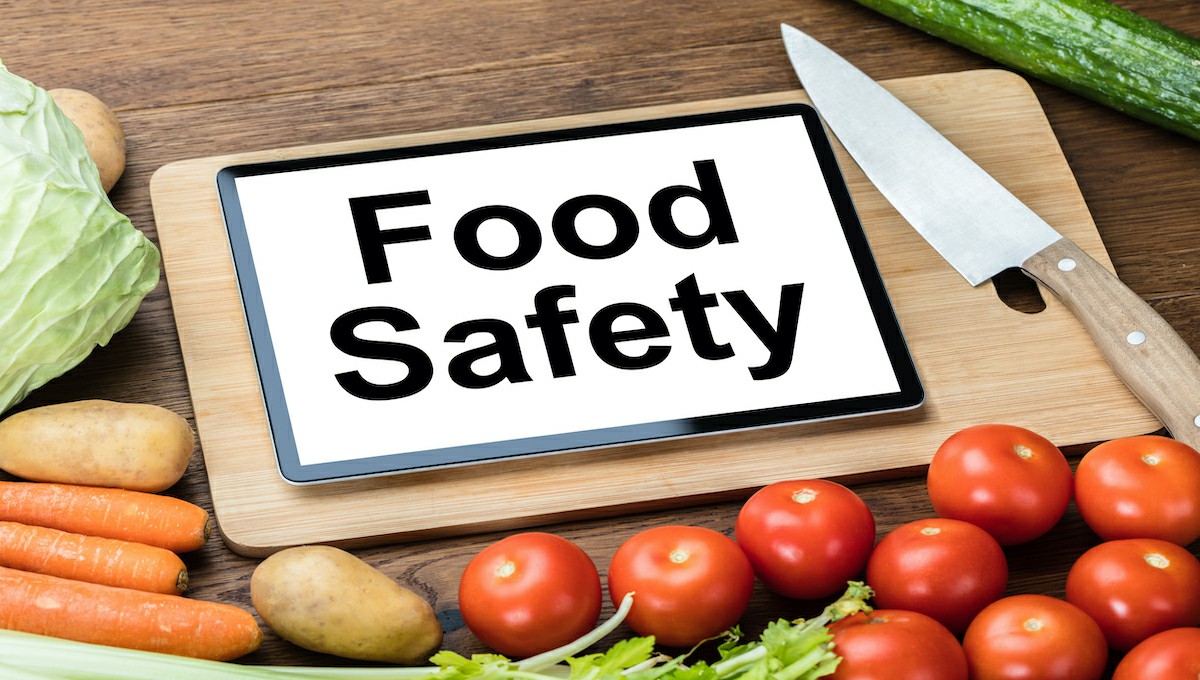


 349,500 Offered Certificates
349,500 Offered Certificates
 24/7 Online Training
24/7 Online Training
 Money Back Guarantee
Money Back Guarantee
 Fully Accredited Courses
Fully Accredited Courses

Created at: 26-02-2025 09:53
In the vibrant food industry of Ireland, maintaining the highest standards of hygiene and safety is not just a recommendation but a legal requirement. For establishments in Dublin, Cork, Galway, Limerick, Waterford, and Belfast, understanding and implementing Hazard Analysis Critical Control Point (HACCP) principles are pivotal for ensuring compliance with Irish and EU food safety regulations. In this guide, we will explore how HACCP training can help food businesses streamline their operations while building consumer trust.
HACCP stands for Hazard Analysis Critical Control Point, a systematic approach to food safety that focuses on identifying and controlling hazards that could pose risks to food safety. It is a proactive method designed to prevent contamination and ensure the safe production, handling, and consumption of food products.
For restaurant owners, catering professionals, food manufacturers, and hospitality business managers, undergoing HACCP training is vital. Here are the key benefits:
Achieving HACCP certification involves a series of well-defined steps that ensure your food business complies with necessary regulations:
Food businesses in Dublin, Cork, Galway, Limerick, Waterford, and Belfast can choose between online and in-person HACCP training options. Online HACCP training offers flexibility and convenience, allowing employees to learn at their own pace, while in-person training provides hands-on experience and immediate feedback from instructors. Consider your team's needs and operational requirements when making a decision.
Even experienced food handlers can accidentally overlook important HACCP principles. Some common violations include:
Regular training, routine audits, and a commitment to fostering a culture of food safety can help avoid these pitfalls.
In an era where food safety is paramount, HACCP certification is not just a legal requirement but a business imperative. Whether you're running a bustling restaurant in Dublin or a café in Cork, HACCP training enhances your ability to deliver safe, high-quality food and build lasting consumer trust.
Ready to take the next step? Enroll in our HACCP training course today or contact us at [email protected] for more information. Your commitment to food safety starts here!